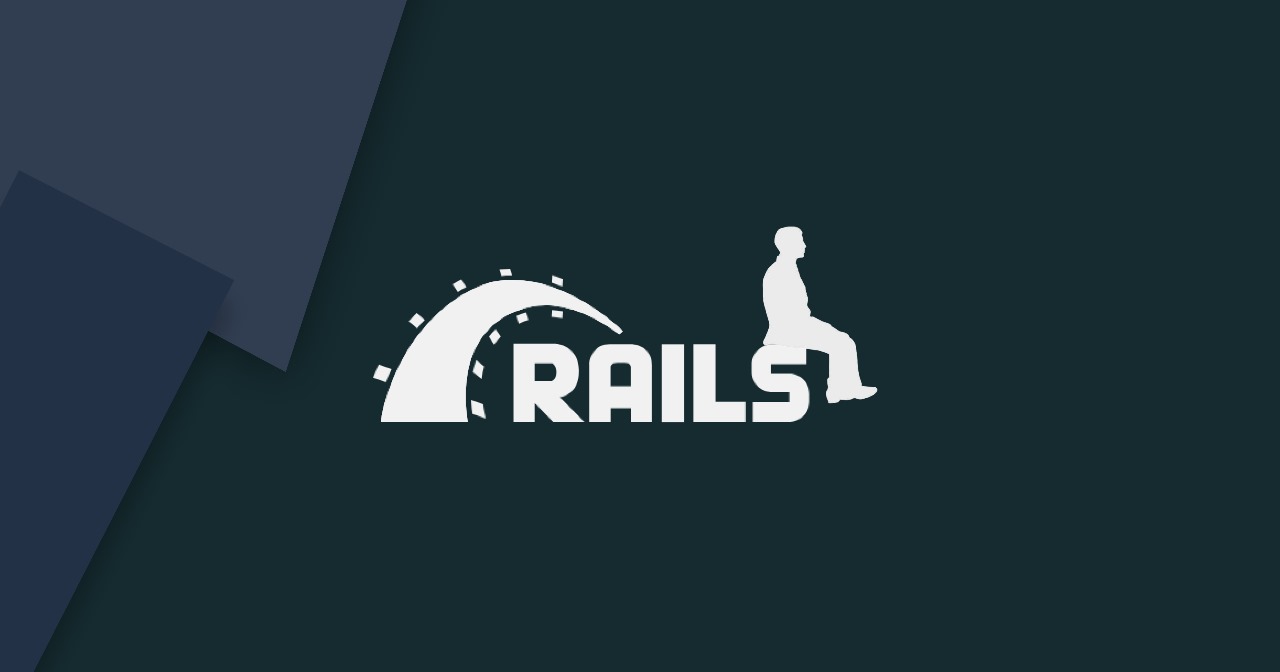Discover the magic of Ruby on Rails through 10 triumphing startup stories. From ideation to success, witness how Rails became the backbone of these thriving ventures.

Ruby on Rails (Rails) is an open-source web application framework built for the Ruby programming language.
It is trendy due to its simplicity, flexibility, and speed, which is why it has become an excellent choice for startups worldwide.
In this article, we will look at ten startups that were built with Ruby on Rails and how Rails played a role in their success.
Airbnb is an online platform that allows travelers to find unique accommodations anywhere in the world.
The platform was built using Ruby on Rails, allowing the team to launch their website in only six months at a fraction of the cost of building it with another framework.
Ruby on Rails’ flexibility and scalability helped Airbnb to develop and implement new features that better suited their rapidly growing business.
Basecamp is a web-based project management tool.
Ruby on Rails allowed the team to launch their product quickly and focus on the user interface, content, and functionality.
Rails provided the flexibility that they needed to make changes and created a scalable foundation that has been able to support a range of products and services.
GitHub is an online hosting platform used for collaborative software development.
GitHub was built with Ruby on Rails, helping the team to launch their platform in just one month.
They have been able to iterate quickly thanks to the flexibility, scalability, and durability of Ruby on Rails.
Groupon is a deal-of-the-day platform for local and national businesses.
Groupon was built on Rails, allowing the team to launch quickly and cost-effectively.
Ruby on Rails provided flexibility to make necessary changes as the startup grew, keeping the company agile and able to keep up with changing market trends.
Hulu is a popular streaming service for TV shows and movies.
Ruby on Rails gave Hulu the speed and flexibility needed to develop their website quickly and cost-effectively.
Rails allowed Hulu to make changes as necessary, keep costs low, and keep the quality of their service high.
Shopify is an e-commerce platform that enables individuals and businesses to create online stores.
Shopify was built with Ruby on Rails, allowing the team to launch their platform in a matter of months, and iterate quickly with minimal effort.
By providing flexible design and scalable infrastructure options, Ruby on Rails has helped Shopify grow into a platform that powers some of the most successful online stores in the world.
SoundCloud is an online music-sharing platform.
By building their platform with Ruby on Rails, Soundcloud was able to develop their site and launch it quickly.
Rails also allowed them to continually iterate on the design, functionality, and user experience to stay relevant to their ever-growing user base.
Square is a payment processing platform used by businesses of all sizes.
Ruby on Rails allowed the team to develop features quickly and maintain their position in the highly competitive payment processing industry.
Rails has enabled Square to scale its business and adapt to an ever-changing environment by providing speed and flexibility.
Twitter is a widely used social media platform that users can use to share news and information. Ruby on Rails allowed Twitter to develop and launch their platform quickly, and scale their platform as the number of users grew.
Rails’ flexibility allowed Twitter to pivot when necessary, adapt to a range of devices, and provide easy-to-use capabilities for both developers and end-users.
Yellow Pages is a popular business directory in the U.S. Yellow Pages was built using Ruby on Rails, which allowed the team to launch their platform quickly and cost-effectively.
Ruby on Rails enabled Yellow Pages to remain agile, make changes quickly, and expand into new markets as they grew.
Ruby on Rails has been the foundation for the development of many successful startups.
By providing speed, flexibility, and scalability, Rails has enabled these companies to deliver their products quickly and cost-effectively, while remaining agile in their evolving marketspace.
As a result, Ruby on Rails remains a versatile and powerful framework that continues to grow and evolve, helping startups worldwide to achieve success.

We create transparency for a global economy built on blockchains.